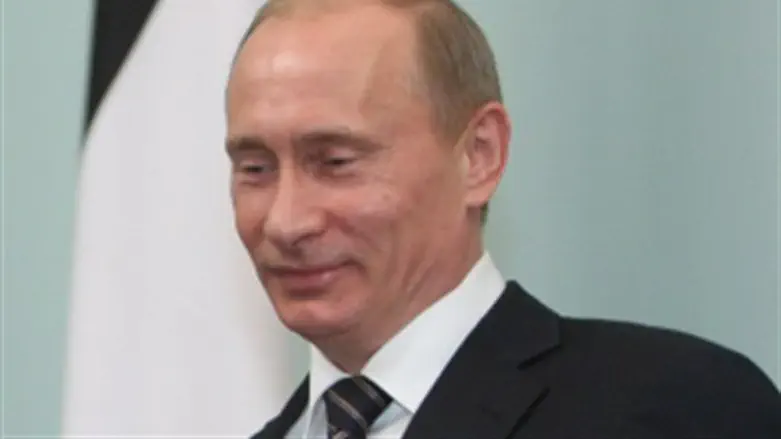
Russia has transferred several S-300 missile batteries into Syria, Kuwaiti newspaper Al Rai reported Tuesday. The transfers took place despite statements by Russian officials, including Russian President Vladimir Putin, that Russia would not provide Syria with the advanced anti-aircraft system.
Al Rai claimed that Syria has accelerated the rate at which it ships arms into Syria since the current crisis between Russia and the US began, when chemical weapons were allegedly used to kill over 1,000 civilians, on August 21.
The information was picked up by Voice of Israel public radio, which added that Russian ships are due to offload more military aid in the next few days.
The delivery of Russian missile systems to Syria is legal but the contract "has not yet been realized," Russian President Vladimir Putin said in June.
In August, the head of Russia's arms export monopoly Rosoboronexport announced that Russia would not be supplying Iran with a replacement for the S-300 missile defense system delivery, following the apparent cancellation of the S-300 deal.
Speaking to journalists in Baku, Azebaijan, Anatoly Isaiki said that despite media reports of discussions over a replacement system, no such deals were in the pipeline.
“I will only be able to speak about that if there were any deals or when there would be deals, but there are none,” he said, according to the RIAmedia agency.
Putin has praised the capabilities of the Russian-made S-300s, which can engage 12 targets simultaneously at distances of 200 kilometers and heights of up to 27 kilometers.
Israel has been aggressively lobbying Moscow not to provide Syria with the system, which could alter the balance of aerial power between Israel and Syria.
In May, Israel's defense minister, Moshe Yaalon, said that Israel "will know what to do" if Russia delivers the S-300s.
"The deliveries have not taken place – I can attest to this – and I hope they do not. But if, by some misfortune, they arrive in Syria, we will know what to do," Yaalon said.
His comments came after Russian Deputy Foreign Minister Sergei Ryabkov said providing the missiles to the regime of President Bashar al-Assad would be a "stabilizing factor" aimed at deterring any foreign intervention in Syria.
Prime Minister Binyamin Netanyahu met Russian leader Vladimir Putin two weeks earlier and reportedly asked him not to deliver the system to Syria.